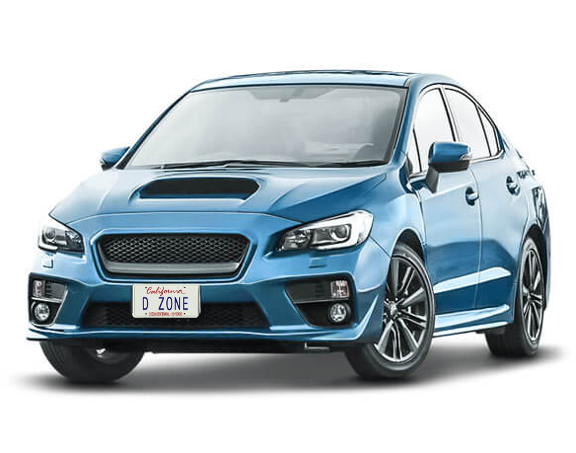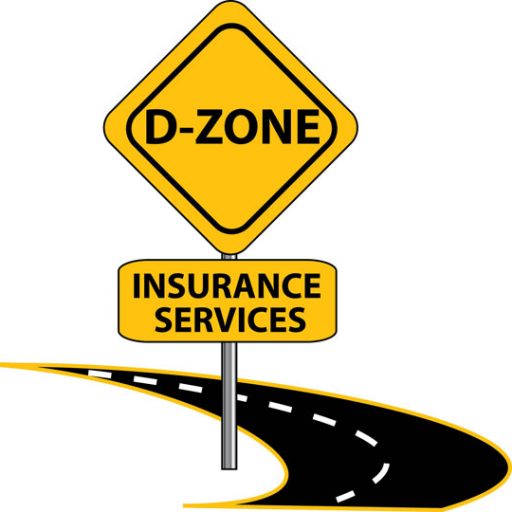
Types of California Auto Insurance,
- Liability Coverage
- Comprehensive Coverage
- Medical Payments
- Uninsured/Underinsured Motorist
- Collision Coverage
It covers the damages that other people suffer in an accident that's your fault. Liability coverage further subdivided into two types of coverage: bodily injury liability, and property damage.
If you are in an accident where it is your fault, bodily injury liability will cover the other person's medical bills and funeral expenses, if necessary. Bodily injury liability generally has two limits: (i) A per person limit, which is the maximum amount your policy will pay for a single person. (ii) A per accident limit, which is the maximum amount your policy will pay per accident.
If the other person’s medical bills are higher than your limits, don’t think you are off the hook. The other person or the other person's health insurance company can sue you to try to collect the remainder of the damages.
That’s why it’s a good idea to carry more than the minimum limits. Property damage liability pays to repair or replace the property you damage in an at-fault accident, whether it's another person's vehicle, a guard rail, or a lamp post.
Comprehensive coverage covers any damage that occurs to your vehicle as a result of something other than an accident. For example, a stolen car. Damage from weather, fires, and earthquakes, also covered under comprehensive coverage.
With comprehensive coverage, you agree to pay a deductible yourself, and then the insurance company picks up the rest of the cost. The higher the deductible you choose, the lower your premium will be.
Comprehensive and collision coverage will only pay up to the actual cash value of your vehicle, a bit lower than what you paid for it on the car lot. This is because your vehicle goes down in value as you drive it. The insurance company only wants to reimburse you for the amount the car was worth at the time of loss.
Most loan and lease companies require you to carry both comprehensive and collision coverage on your vehicle.
This coverage often appears on your California insurance policy as "Medpay." Medical payments coverage provides a set amount of coverage for anyone riding in your vehicle to pay for medical expenses as a result of an accident. This coverage kicks in any time there is an accident, regardless of which driver is at-fault.
Uninsured and Underinsured motorists coverage will pay for your medical expenses if you are hit by someone who does not have an auto insurance policy.
This coverage also protects you if you are hit by someone who is insured, but who do not have high enough liability limits to completely pay for the damage they cause. Additionally, this coverage will pay for your damages if you are involved in a hit and run, as long as you call the police immediately afterward.
The highest amount of UM/UIM coverage you can take out for property damage is $3,500. You don't have to have UM/UIM coverage at all, but if you don't want it, the state requires you to submit a signed, written request to your insurance company to have it removed from your California auto policy.
Collision Coverage pays to repair or replace a vehicle involved in an at-fault accident. If you don't have collision coverage, you are responsible for the cost of repairs yourself if you are in an at-fault accident. If the other party is at fault, the cost is paid by their insurance company, under their property damage coverage.
With collision coverage, you agree to pay a certain deductible before the coverage kicks in. The higher the deductible you agree to, the lower the premium.
Collision coverage is not mandated by the state. But if you are making payments on your car or leasing it, the bank will require that you carry it to protect their interest in the vehicle.
If you are required to carry comprehensive and collision coverage as a condition of your loan. If you don't do it, the bank will take out "force-placed" coverage on the vehicle and make you pay for it as part of your loan. Alternatively, they may repossess your car. Force-placed insurance coverage is usually extremely expensive, so make sure that your insurance policy meets the requirements of your loan or lease.
Auto Insurance
All states do require drivers to meet financial responsibility requirements through some state-approved means, whether this is through insurance, a bond, or another valid method.
New Hampshire motor vehicle laws, for example, do not require drivers to carry auto insurance. But drivers must be able to demonstrate that they are able to provide sufficient funds in the event of an “at-fault” accident.
Anybody who gets behind the wheel should be able to prove that they meet the state’s financial responsibility requirements. Most drivers will purchase car insurance, and many lenders may also require drivers to purchase car insurance. Providers require individuals to have insurance to protect their investment in your car.
Car insurance protects drivers involved in an accident event. Essentially, car insurance is a contract between a driver and an insurance company. In this contract, the driver agrees to pay a premium and the insurance company agrees to pay for losses if there is an accident, as defined by the policy.
Minimum auto insurance coverage requirements vary from state to state, so drivers should determine their state’s requirements. Also, drivers may purchase additional forms of coverage to further protect themselves if involved in an accident.
Auto Insurance FAQ


